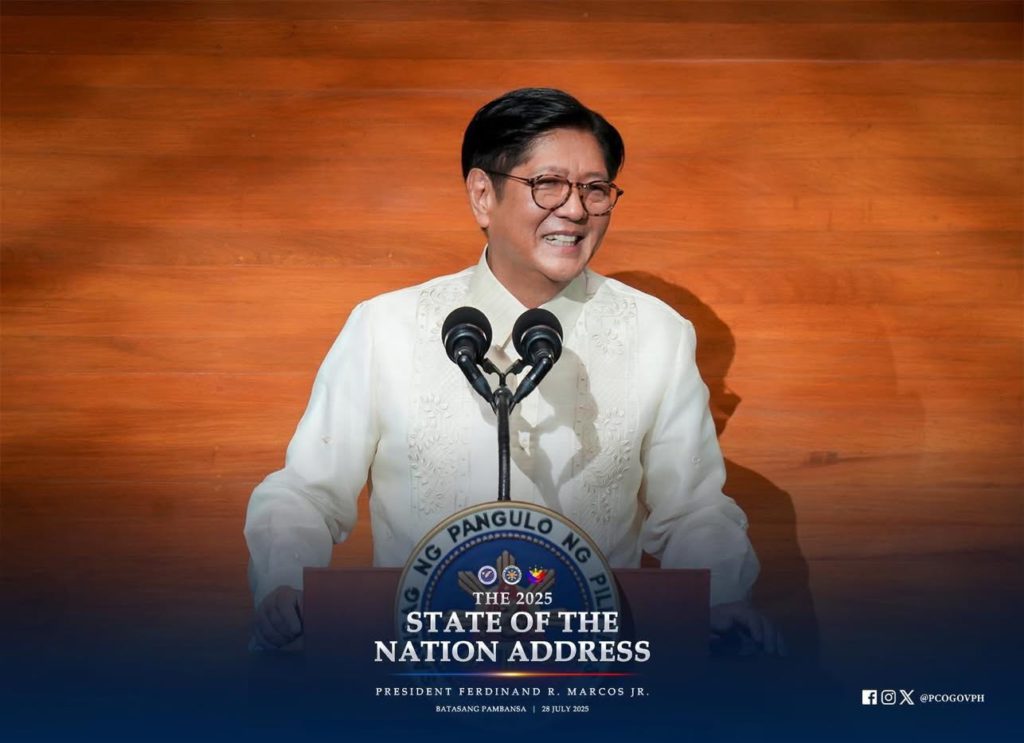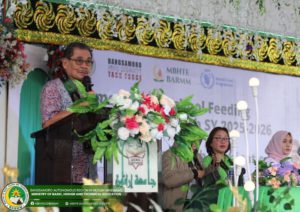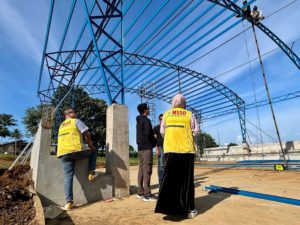
The SONA of President Ferdinand R. Marcos: My Personal Perspective — Salik, Jr.

The recent State of the Nation Address (SONA) delivered by President Ferdinand R. Marcos Jr. has drawn attention not only for its overarching national agenda but also for its noticeable omission of critical issues pertaining to BARMM (Bangsamoro Autonomous Region in Muslim Mindanao). This silence resonates deeply with the Bangsamoro people, who have long awaited clear-cut policies and leadership from the national government regarding key matters affecting their autonomy and political future.
Among the most pressing issues left unmentioned are the upcoming Bangsamoro Parliamentary Elections, and the stalled GPH-MILF peace process, particularly the normalization track and decommissioning of MILF combatants. These issues are not peripheral but central to the aspirations and ongoing GPH-MILF peace process.
The absence of explicit mention in the President’s speech can be interpreted as a lack of prioritization or recognition of these concerns. For the Bangsamoro community, such silence can compound feelings of marginalization and neglect, further fragmenting an already diverse and divided population. The silence feeds into a narrative of uncertainty and precariousness about their political future, heightening anxieties and doubts about the sincerity and commitment of the government to genuine peace and development.
The failure to address the specifics of the upcoming electoral process in BARMM is particularly concerning, as it undermines the credibility of the peace process. The elections are a critical milestone in cementing the autonomy and self-governance of the Bangsamoro region. Without clear assurances, policies, or a timeline from the President, there is a risk of heightened political instability and uncertainty among the Bangsamoro constituents. This could lead to lower voter turnout, increased political tensions, or even attempts by extremists group
or spoilers of the peace process will further exacerbate the situation.
Perhaps most concerning is the stalled normalization process, especially the decommissioning of MILF combatants. The Central Committee’s firm stance not to proceed with the fourth phase of decommissioning until the government fulfills its obligations, such as providing housing and sustainable economic packages, underscores the fragile nature of the peace agreements. The decommissioning should also parallel and commensurate to the deliverables of the GPH. Silence on this matter from the President’s speech may be interpreted as a lack of political will or a missed opportunity to reaffirm the government’s commitment.
I inquired to the Chair of the MILF Peace Implementing Panel, Mohagher Iqbal regarding the status of the GPH-MILF peace process, he assured that on the part of MILF , they respect and abide with the provisions of the peace agreement. They honour the sacredness of the peace agreement as embodied in the teachings of Islam.
This deadlock risks reigniting hostilities or creating unrest if issues remain unresolved. The peace process depends on mutual trust, follow-through, and clear communication. Ignoring these concerns not only jeopardizes the progress made but also undermines the confidence of the Bangsamoro communities and the wider Philippine society in the peace process. Without concrete assurances and a transparent timetable, the decommissioning and normalization phases could revert to a standstill, potentially leading to renewed violence or insurgency.
The omission of these critical issues suggests a need for more comprehensive and inclusive dialogue moving forward. The government must prioritize clear communication and timely action on the agreements made, especially concerning the phased decommissioning, regional autonomy, and socio-economic support as agreed by both peace panels.
Failure to address these gaps may not only destabilize the peace process but also diminish trust between stakeholders, potentially reversing significant gains achieved over the years. Moving ahead, sustained political will, transparency, and genuine consultation with Bangsamoro leaders and its constituents are essential for consolidating lasting peace and development in the region. Allah knows best. (Note: This article is shared by BMN/BangsamoroToday with the author’s permission, Abdullah P. Salik, Jr.)

